Significance of Health Insurance
Overview of the Construction Industry
The construction industry is one of the most vital sectors in any economy. It builds the infrastructure that drives growth, supports communities, and enables daily life. However, it is also one of the most dangerous industries, where workers are exposed to a myriad of risks daily. From heavy machinery to hazardous materials, construction workers face physical and mental challenges that make their jobs particularly perilous.
Given the inherent dangers in the construction industry, health insurance is not just a benefit—it’s a necessity. Health insurance provides a safety net for workers, ensuring that they have access to medical care when they need it most. It also alleviates the financial burden that can come with medical emergencies, accidents, or chronic illnesses.
Why Health Insurance Matters More in Construction
Health insurance is crucial in any industry, but in construction, its importance is magnified. The physical nature of the work, combined with the potential for serious injuries, makes health coverage indispensable. Without adequate health insurance, construction workers could find themselves facing insurmountable medical bills and a lack of access to necessary care.
The Risks in the Construction Industry
Common Health Hazards and Injuries
Physical Strain and Accidents
Construction workers are constantly exposed to physical strain due to heavy lifting, repetitive motions, and prolonged periods of physical activity. Accidents are also common, ranging from falls to being struck by objects, which can lead to severe injuries or even fatalities.
Exposure to Hazardous Materials
In addition to physical strain, construction workers often handle hazardous materials such as asbestos, lead, and other toxic substances. Prolonged exposure to these materials can lead to chronic health conditions, including respiratory issues and cancer.
Mental Health Challenges
While physical injuries are more apparent, mental health challenges in the construction industry are often overlooked. The high-pressure environment, long hours, and job insecurity can lead to stress, anxiety, and depression, further emphasizing the need for comprehensive health insurance that covers mental health services.
Case Studies of Construction-Related Injuries
Real-life examples highlight the importance of health insurance in the construction industry. From workers who have suffered life-altering injuries to those who have developed chronic illnesses due to long-term exposure to hazardous materials, these case studies demonstrate the critical role that health insurance plays in providing necessary care and support.

Health Insurance: A Necessity in Construction
Protecting the Workforce
Reducing Financial Burden
Health insurance helps to reduce the financial burden on construction workers by covering a significant portion of medical expenses. This is particularly important in an industry where the risk of injury is high, and the cost of medical care can be overwhelming.
Ensuring Access to Quality Healthcare
Having health insurance ensures that workers have access to quality healthcare when they need it. This includes not only emergency care but also preventive services, routine check-ups, and mental health support.
Benefits to Employers
Enhancing Employee Satisfaction
Providing health insurance can significantly enhance employee satisfaction. Workers who know they are protected by a good health insurance plan are more likely to feel valued and motivated, leading to increased productivity.
Reducing Absenteeism and Turnover
Health insurance can also help reduce absenteeism and turnover rates. Employees who have access to healthcare are more likely to seek treatment early, preventing minor issues from becoming major problems that could lead to prolonged absences or even leaving the job altogether.
Legal Compliance and Avoiding Penalties
In many regions, providing health insurance is a legal requirement for employers. Failing to comply with these regulations can result in hefty fines and legal action, making it essential for construction companies to offer adequate health coverage.
Types of Health Insurance Plans Suitable for Construction Workers
Employer-Sponsored Health Insurance
Group Health Insurance Plans
Group health insurance plans are a popular option for construction companies. These plans allow employers to provide coverage to their employees at a lower cost due to the collective bargaining power of the group.
Self-Funded Health Insurance
Some construction companies opt for self-funded health insurance, where the employer assumes the financial risk of providing healthcare benefits to employees. This option can be more cost-effective for larger companies with a stable workforce.
Government-Sponsored Health Insurance
Workers’ Compensation
Workers’ compensation is a government-mandated insurance program that provides benefits to employees who are injured or become ill due to their job. In the construction industry, workers’ compensation is a critical component of the overall health insurance strategy.
Medicare and Medicaid
For construction workers who are eligible, Medicare and Medicaid provide essential health coverage. These government-sponsored programs help cover medical costs for low-income individuals and those over 65, ensuring that no worker is left without care.
Individual Health Insurance Plans
Marketplace Health Insurance
Individual construction workers, particularly those who are self-employed, can purchase health insurance through the marketplace. These plans offer a range of coverage options, allowing workers to choose a plan that fits their needs and budget.
High-Deductible Health Plans (HDHPs) and Health Savings Accounts (HSAs)
High-Deductible Health Plans (HDHPs) paired with Health Savings Accounts (HSAs) are another option for construction workers. These plans typically have lower premiums, making them an attractive option for younger, healthier workers who are less likely to need frequent medical care.

Challenges in Implementing Health Insurance in the Construction Industry
Cost Constraints for Employers
One of the biggest challenges in providing health insurance in the construction industry is the cost. For many small to medium-sized construction companies, the expense of offering comprehensive health insurance can be prohibitive.
Complexity in Managing Insurance Claims
Managing health insurance claims can be complex and time-consuming, particularly in an industry as high-risk as construction. Employers must navigate the intricacies of insurance policies, worker’s compensation claims, and regulatory requirements.
Educating the Workforce about Health Insurance
Another challenge is educating construction workers about the importance of health insurance and how to use it effectively. Many workers may not fully understand their coverage options, leading to underutilization of benefits or poor decision-making when selecting a plan.
Future of Health Insurance in the Construction Industry
Technological Advancements in Health Coverage
The future of health insurance in the construction industry is likely to be shaped by technological advancements. From telemedicine to wearable technology that monitors workers’ health in real-time, these innovations could transform how health insurance is delivered and utilized.
Trends in Workplace Health and Safety
As workplace health and safety standards continue to evolve, so too will the health insurance needs of construction workers. Employers will need to stay ahead of these trends to ensure their health insurance plans provide adequate coverage.
The Role of Telemedicine
Telemedicine is set to play an increasingly important role in the construction industry. By providing workers with access to healthcare professionals remotely, telemedicine can help bridge the gap for those working in remote locations or on sites with limited access to medical facilities.
Conclusion
Summary of Key Points
Health insurance is not just important in the construction industry—it’s essential. The high-risk nature of the work, coupled with the potential for serious injuries and chronic health issues, makes comprehensive health coverage a necessity for both workers and employers.
Final Thoughts on the Importance of Health Insurance
Investing in health insurance is an investment in the workforce. It protects workers, reduces financial strain, and contributes to a more productive and satisfied workforce. For employers, offering health insurance is not only a legal requirement but also a crucial factor in maintaining a stable and motivated team.
Read More
Concrete Cover: A Complete Guide for Securing Your Asset
FAQs
Why is health insurance crucial in the construction industry?
Health insurance is crucial in the construction industry because it provides workers with access to necessary medical care, reduces the financial burden of healthcare costs, and ensures that workers can receive treatment for injuries and illnesses that may arise on the job.
What are the main health risks faced by construction workers?
Construction workers face a variety of health risks, including physical injuries from accidents, exposure to hazardous materials, and mental health challenges due to the high-stress nature of the job.
How can employers provide affordable health insurance to their workers?
Employers can provide affordable health insurance by exploring group health insurance plans, self-funded options, and government-sponsored programs like workers’ compensation. It’s also important to educate workers about their options to ensure they choose the most cost-effective plan.
What are the legal requirements for health insurance in construction?
Legal requirements for health insurance in construction vary by region, but many areas mandate that employers provide some form of health coverage. Employers must comply with these regulations to avoid penalties and ensure their workers are protected.
How can construction workers choose the best health insurance plan?
Construction workers should consider factors such as their health needs, the level of coverage offered, the cost of premiums and deductibles, and whether the plan includes access to specialists and mental health services when choosing a health insurance plan.
